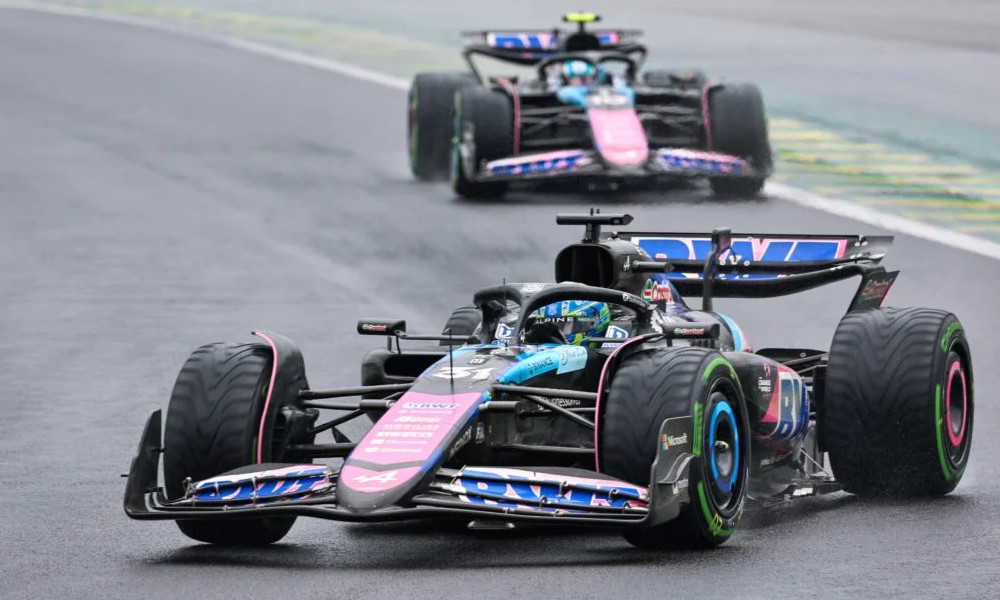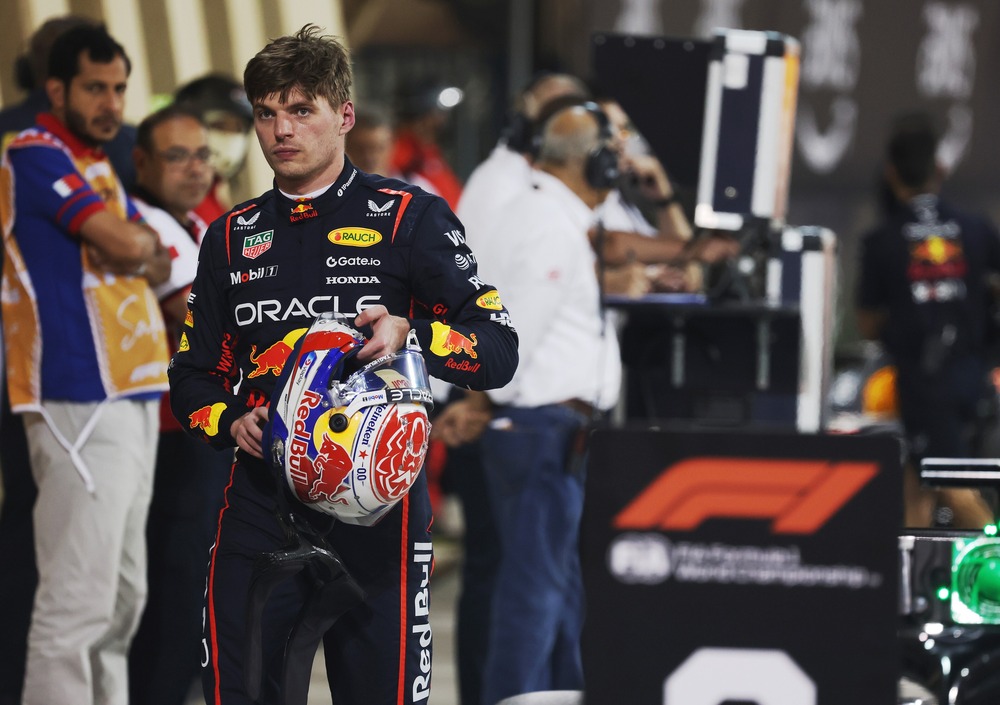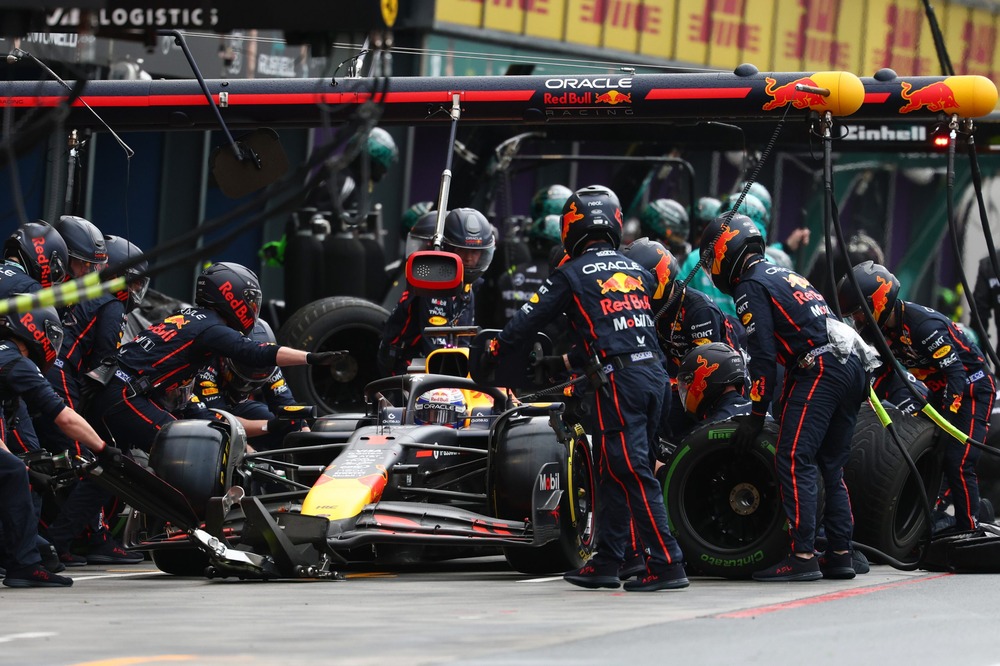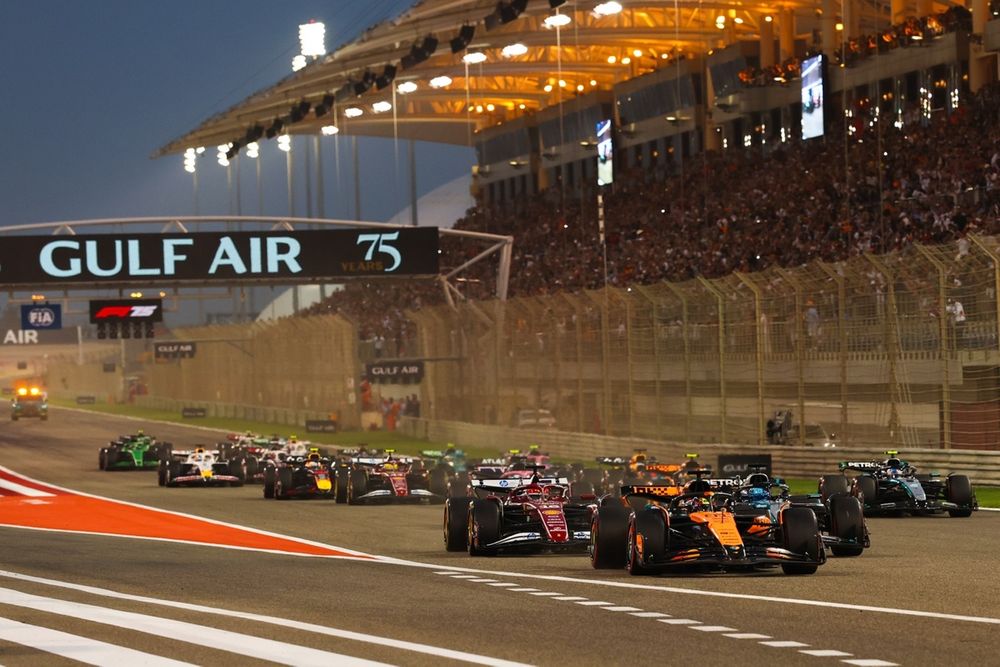Following months of speculation Alpine F1 Team has officially announced its decision to switch to Mercedes power units and gearboxes starting from the 2026 season.
This strategic move comes on the heels of parent company Renault’s decision to terminate its internal engine program, marking a significant shift in Alpine’s operational strategy and competitive positioning within the sport.
The announcement was officially made on Tuesday November 12, 2024, following months of speculation regarding Alpine F1 Team’s future engine supplier.
The new multi-year agreement will not only provide the Enstone-based outfit with advanced Mercedes power units but will also include gearboxes, ensuring a comprehensive integration of Mercedes technology into its racing framework.
This partnership is set to last until at least 2030, coinciding with the introduction of new technical regulations that will reshape the power unit landscape in Formula 1.
A short statement from the team read: “Alpine F1 Team and Mercedes-AMG High Performance Powertrains, and Mercedes-Benz Grand Prix have entered into power unit and gearbox agreements from the start of the 2026 FIA Formula 1 World Championship.
“The multi-year agreement will see Mercedes-Benz supply Alpine with power units for the duration of the new regulation era, from 2026 season until at least 2030.
“Alongside the power unit, Alpine will also be supplied with Mercedes gearboxes from the 2026 season.”
Alpine F1 Team’s transition to a customer team is a pivotal moment in its history. The decision to abandon its own engine development program was driven by Renault’s strategic pivot towards electric vehicle technology, resulting in the closure of its Viry-Châtillon facility dedicated to F1 engine production.
This facility will now be rebranded as Hypercar Alpine and will focus on developing electric vehicles, including an upcoming electric supercar. Despite losing their engine production capabilities, Alpine aims to maintain a competitive edge by leveraging Mercedes’ renowned engineering expertise.
The new power units set to debut in 2026 F1 will feature significant changes aimed at enhancing sustainability and performance. Formula 1 is moving towards a 50/50 split between electric and internal combustion engine power, with a mandate for the use of 100% sustainable fuels.
The upcoming engines will retain the current turbocharged 1.6-liter V6 hybrid format but will simplify certain components by eliminating the MGU-H, which recovers energy from exhaust gases. This simplification is expected to make the engines more efficient while allowing for greater electrical power deployment through the MGU-K system.
The timing of this announcement is crucial as the Alpine F1 Team seeks to capitalize on its recent successes on the track. The team celebrated a remarkable double podium finish at the Brazilian Grand Prix, propelling them up three places in the constructors’ championship standings.
This achievement has injected optimism into the team as they prepare for the final races of the current season while simultaneously planning for their future with Mercedes power units.
Alpine F1 Team’s management has undergone considerable restructuring in recent months, with Flavio Briatore returning as an executive advisor and Oliver Oakes stepping in as team principal. This leadership change reflects a renewed focus on performance and competitiveness as the team navigates this transitional phase.
After saying farewell to 300 staff members, Briatore has emphasized the need for a streamlined workforce dedicated solely to racing, moving away from broader corporate responsibilities that had previously diluted the team’s focus.
While Alpine will continue to manufacture its own power units through the end of the 2025 season, this partnership with Mercedes is expected to enhance their competitive prospects significantly.
By aligning with one of the most successful manufacturers in Formula 1 history, Alpine aims to gain access to cutting-edge technology and engineering support that could elevate their performance on track.
The implications of this partnership extend beyond just performance; it also signifies a broader trend within Formula 1 where customer teams increasingly rely on established manufacturers for their power units.
Teams like McLaren and Williams have successfully leveraged similar arrangements, allowing them to focus on chassis development while benefiting from proven engine technology. However, becoming a customer team does come with its challenges.
The Alpine F1 Team will have less autonomy over engine development and upgrades compared to when they were producing their own engines. They will rely heavily on Mercedes for performance enhancements and innovations, which could limit their ability to adapt quickly to changing competitive dynamics.
Despite these challenges, Alpine’s management remains optimistic about their ability to compete effectively within this new framework.






